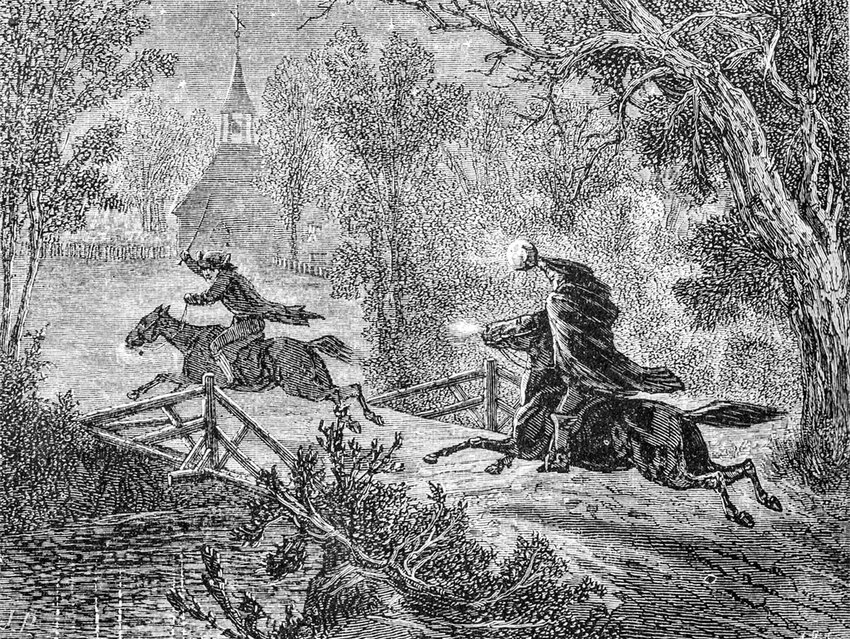
Eucatastrophe
[yoo-kə-TAS-trə-fee]
Part of speech: noun
Origin: British English, 1940s
1.
A sudden and favorable resolution of events in a story.
Examples of Eucatastrophe in a sentence
"The destruction of the Death Star is one of the most universally recognizable eucatastrophes in cinematic history."
"The traffic jam provided a eucatastrophe for our team, as it gave us 20 minutes to finish the presentation before the clients arrived."
About Eucatastrophe
“Eucatastrophe” was coined by J.R.R. Tolkien in 1944 by adding the Greek prefix “eu-” (meaning “good” or “well”) to the existing English word “catastrophe.”
Did you Know?
“The Lord of the Rings” author J.R.R. Tolkien coined the term “eucatastrophe” as a counterpoint to the sudden resolution of a catastrophe. In traditional literary terms, “catastrophe” does not necessarily refer to an unexpected disaster (as we use the word today); rather, it's a final resolution to the story. It often involves a formal ceremony, such as in “Hamlet,” when a king is killed and another ascends to the throne, or in “A Midsummer Night’s Dream,” in which three couples are married. Tolkien wanted a term to describe a sudden shift toward a happy fate in a story that seemed destined for doom, so he coined “eucatastrophe” to describe those abrupt moments that shift a plot toward a pleasant conclusion.








